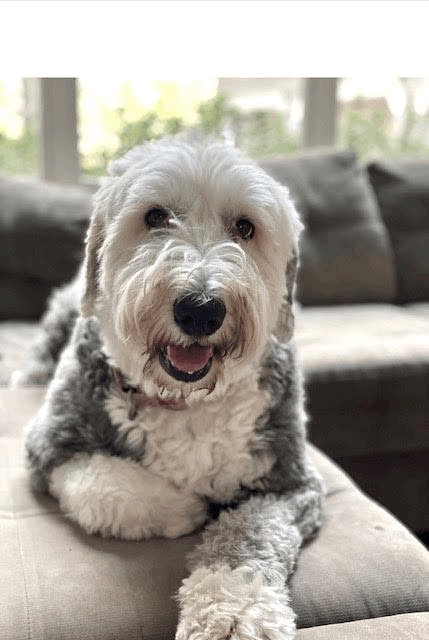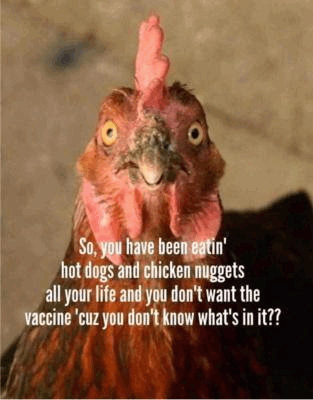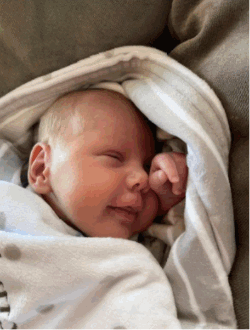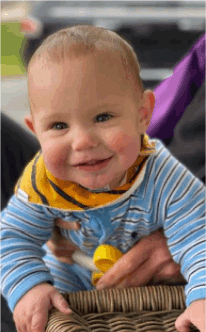|
|
|||||||
|
|
|||||||
|
COVID19-094
– December 27, 2021 |
|||||||
| Dear Patients: | |||||||
|
Rent, a classic musical, (click
on the link to enjoy the song while reading) where the
lyrics proclaim that one year is 525,600 minutes.
How do you measure a year? Maybe you measure in love; I hope
you have had plenty of love because if you had love, 2021
was not all that bad.
And the future is brighter. I think Omicron, although much
more contagious but less virulent, is pushing down Delta,
and with that, we as a population are becoming more immune.
I predict by early February we will be in a better place.
Get your booster! |
|||||||
| - | |||||||
|
|||||||
| March: hope springs eternal Hope, of course, is not a strategy. Nonetheless, it is empowering and can be the engine that drives planning and strategy, as it inspires intention that springs us forward into action. If you intend something to happen, you are that much closer to seeing that something become a reality. Hope, and all that comes with it - determination, longing, wishing - got my daughter and son-in-law through this next part of their journey and they used these emotions to develop a plan. They alternated spending 24-hour shifts with Benny in the NICU, so he was never without a parent (grandparents and visitors are not allowed due to COVID). They held him skin-to-skin as much as possible, they worked to feed him every 2 to 3 hours and took over as much of his care as allowed by the medical team. That was the plan, powered by hope, to get Benny home as soon and as healthy as possible. And what we all hoped for actually happened. After 23 days in the NICU, he was able to come home. | |||||||
|
|||||||
| - | |||||||
|
April: it's all relative
Life is full of good and bad, and over time, things tend to
balance out. Positive and negative phenomena are always
happening. Negative things seem to take longer for us to
work through than enjoying the good. Unpleasant issues tend
to slow time, while enjoyable phenomena seem to speed it up.
This is an observation consistent with Eisenstein's Theory
of Relativity. Nevertheless, a year goes by and we go full
circle, that is just the way it is. Perhaps, however, we are
different, maybe more patient, maybe more loving, maybe more
enlightened. |
|||||||
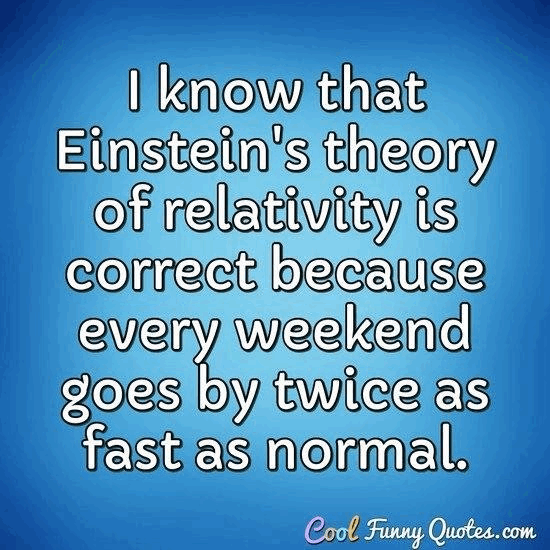 |
|||||||
| - | |||||||
|
May: the situation has improved!
Hmmm...our perception is our reality. It is nice to be on
the same page with our family, peers, colleagues, and
friends, but that is not likely. The same information is
coming in, yet we may not see, hear, smell, or feel it in
the same way. Our interpretation of the information may be
different. But this is okay; in fact, this can inspire
innovation and creativity, but can also provoke dissent,
frustration, distrust, and controversy. As the data comes in, we use the integrating power of our brain to decipher the information. |
|||||||
| Cross-referencing this information with past experiences (which may or may not be accurate), we come up with our reality and create our truth. This is particularly true with our own self-appraisal. We tend to be harder on others and soft-pedal on ourselves. That's why a partner or a friend or a trusted professional is our best mirror. So, try not to reflexively dig your heels in (backfire effect) when someone you trust conveys information that does not compute in your human flawed hard drive of a brain. Have a discussion, listen to each other, share views, and develop a consensus. | |||||||
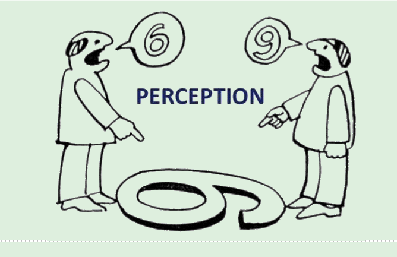 |
|||||||
| - | |||||||
|
June: the ripple effect
With our circumstances over the past 15 months, most of us
have had plenty to think about and lots of time to sort out
our lives. Maybe, with everything that has been thrown at
us, your morning default is not so rosy. Nonetheless, we can
grow with time, or at least we should try. I think it is
worth it to spend a few moments every day to self-evaluate.
We may forget that our actions or inactions cause ripples in
other people's life. Unfortunately, we tend to be poor
evaluators of how we come off. We get it wrong a lot; I know
I do. Best intentions are often misunderstood. Sometimes,
saying something you think may be helpful, or even funny,
can be misinterpreted as hurtful. Sometimes saying nothing
at all is worse. |
|||||||
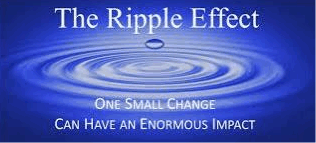 |
|||||||
| - | |||||||
|
August: to boost or not to boost
"To be, or not to be" is
the opening phrase of a soliloquy by Hamlet as he
contemplates death and suicide. Hamlet is mad at his mom;
she married his uncle who killed his father. And so, one of
the themes is whether to take action (revenge) or not to
take action. It is an emotional and psychological conundrum.
Hamlet finds himself going crazy as he is unable to make a
decision and then stick with it. Some of the more impulsive
characters in the play, like Hamlet's uncle, find tragedies
coming their way due to their excessive willingness just to
act. |
|||||||
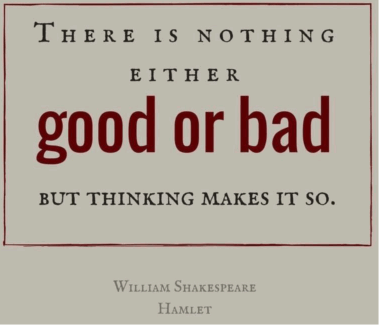 |
|||||||
| - | |||||||
|
September: Delta is here!
"Why do you see the speck in your neighbor's eye, but do not
notice the log in your own eye?... You hypocrite, first take
the log out of your own eye, and then you will see clearly
to take the speck out of your neighbor's eye." The
Happiness Hypothesis |
|||||||
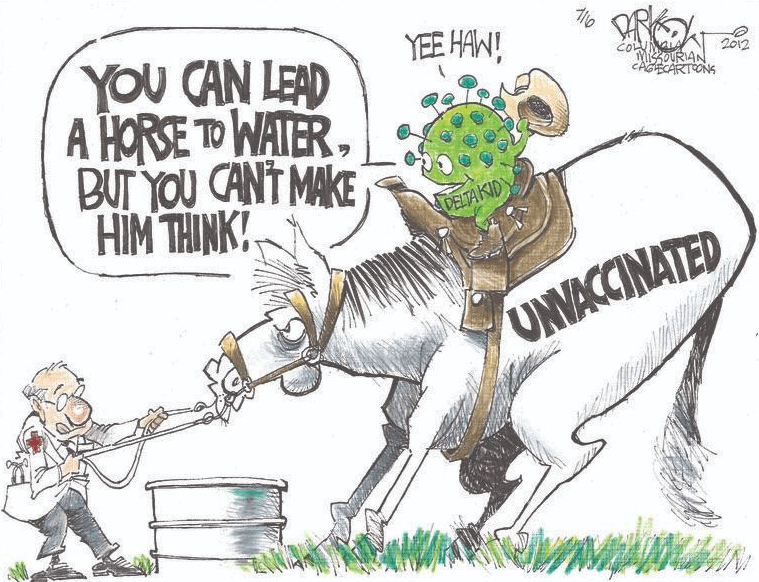 |
|||||||
| - | |||||||
|
October: "You would have done the same" |
|||||||
|
Come From Away is
a Broadway musical I saw pre-Covid, and the movie is now
available as a filmed version of an onstage Broadway
performance on Apple TV+. I watched the movie this past
weekend and remembered the impact it had on me. You may not
know the plotline of this true story: on 9/11, with airspace
suddenly closed, planes are diverted and grounded. In the
small town of Gander in Newfoundland, with a population of
9,000 residents, they have just absorbed 28 large aircraft
with 7,000 stranded airline crew members and passengers.
These are people from all over the world who had been headed
all over the world, but definitely not to the dark, rock
island that happens to have a huge airport. The Gander
residents collected clothing, blankets, and food. They've
made sandwiches and hosted cookouts for 5 days. They've
hosted the "plane people" in their homes. The experience created lifelong new friendships and when the guests departed with lunch bags for their trip home, they tried to re-pay their hosts. But the people of Gander would not hear of it. Their consistent response was "you would have done the same." |
|||||||
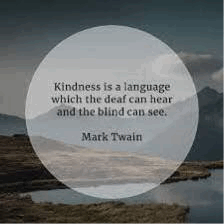 |
|||||||
| - | |||||||
|
November: Stressed? Just breathe!
Breathing - we don't think about it much until we can't
breathe. Then, it becomes our life. Perhaps you might not
have noticed that when you are upset, your breathing may
become more shallow, and your rate increases.
Hyperventilation can be subtle and as it happens, carbon
dioxide in your bloodstream starts to drop enough to make
you feel uneasy. The low carbon dioxide causes arteries in
your brain to constrict ever so slightly, but enough that
you may start to feel light-headed or hear ringing in your
ears. You now feel fear, your adrenaline is surging causing
your heart to race, you become sweaty, maybe nauseous, you
may feel like you are going to pass out.
Okay, slow
down, Ted Lasso, just
breathe, nice and slow and steady. |
|||||||
 |
|||||||
| - | |||||||
|
December: always have a plan
There is always bad news out there: global warming,
astonishing inflation, crime rates rising, and now, we are
at the beginning of a new Covid surge.
Then, there is really bad news that stops you in your
tracks. For most of us, the worst news is when someone you
care about, maybe a family member, or a good friend, learns
they have a serious illness. The bad news hits hard.
Sometimes, I am the purveyor of bad news but it's part of my
job. When I deliver the bad news, I try to make sure my
patient knows that they are not alone, and I make sure they
clearly hear that there are always remedies and there is a
plan. There must be a plan.
To the person who gets bad news, it's like a cold slap in
the face. They may never have seen it coming. Good health
and time are life's most precious commodities. And family
and friends are the glue that binds us tightly to each other
so that we can hold on. When you hear about someone who
seems fine and abruptly, they are not fine, it's scary. You
might even think, this could have been me. You may have had
issues with people you care about who are the recipients of
bad news. Suddenly you may realize how unimportant, in the
big cosmic picture, those issues were. Hopefully, any
previous hurt, conflict, insults, or slights fall like hot
lead in cold water and hit the bottom of the bucket, never
to rise again. Too bad that it took bad news to bring that
into focus. |
|||||||
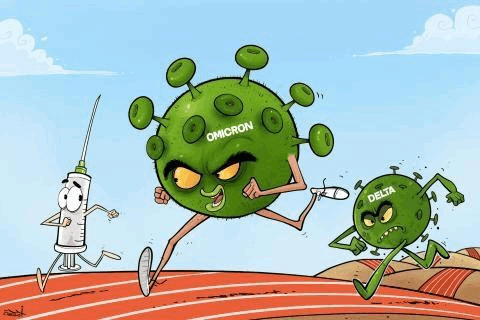 |
|||||||
| - | |||||||
| Wishing you a happy healthy new year and stay tuned! | |||||||
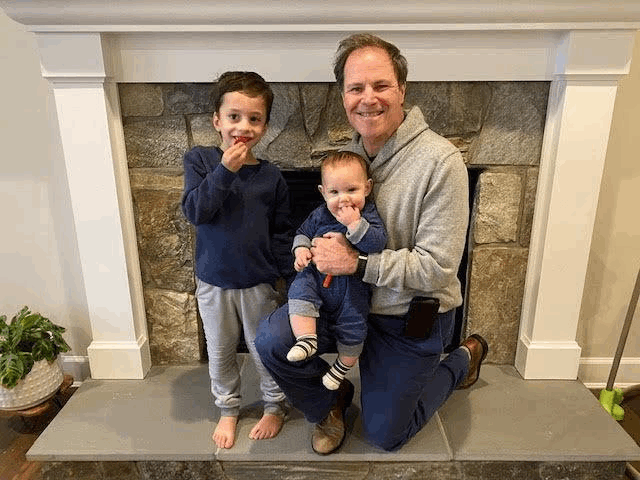 |
|||||||
| - | |||||||
|
As a reminder, I'm no longer sending out daily updates and instead, I'm
updating you periodically. I continue to enjoy writing these
updates. Initially, these were only sent to my patients,
however, I've been humbled to learn that, through social
media, these writings have been forwarded and re-forwarded
to many. This has brought me great joy to know that this
simple act of sharing facts, thoughts, opinions, and hopes
have touched you in some way. Hopefully I've been able to
reassure you, maybe make you smile and laugh, soothe your
worries, and comfort you. And maybe, just maybe, I've helped
you to be in the moment! |
|||||||
|
Reach out. Stay connected. Stay home. Save lives. The power
of one. Be well.
Feel free to forward this on: spread the word, not the
virus.
HAO
24/7
Harry Oken, M.D.
Adjunct Professor of Medicine
University of Maryland, School of Medicine
Office 410-910-7500
Fax 410-910-2310
Cell 443-324-0823 |
|||||||
|
Confidentiality Statement:
This email message, including any attachments, is
for the sole use of the intended recipient(s) and
may contain confidential and privileged
information. Any unauthorized use, disclosure or
distribution is prohibited. If you are not the
intended recipient, please contact the sender by
reply email and destroy all copies of the original
message.
|
|||||||

